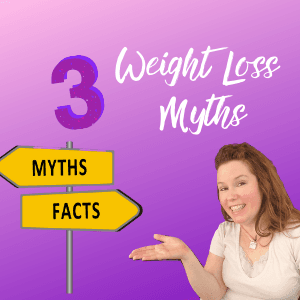Maintaining weight loss
The actual food you eat isn’t the main thing that enables you to keep weight off.
Maintaining a weight-reduced state is a lifelong journey and many dietary approaches can work to facilitate weight loss and keep it off.
115
1.08K reads
CURATED FROM
IDEAS CURATED BY
The idea is part of this collection:
Learn more about health with this collection
How to set boundaries to protect your energy
How to cultivate positive energy
Why rest and recovery are important
Related collections
Similar ideas to Maintaining weight loss
Weight-loss interventions
We make more than 200 food decisions a day, and most of these appear to be habitual, which means we eat without thinking about what or how much food we consume.
A new study found weight-loss interventions that are based on forming new habits, and breaking old habits is the key to a heal...
3 Weight Loss Myths
There are myths surrounding weight loss, especially when it comes to women.
The first myth is that it is all about what you eat, and this is where diets come in. They focus merely on just what you're eating, and there are many various types of eating plans.
We're not ...
Lose weight on the Paleo Diet
- Eat fewer calories than you burn every day.
- Eat mostly real food if you want to be healthy.
- Do those two things consistently for a decade to KEEP the weight off.
When you only eat real food and avoid all unhealthy food, you’re more likely t...
Read & Learn
20x Faster
without
deepstash
with
deepstash
with
deepstash
Personalized microlearning
—
100+ Learning Journeys
—
Access to 200,000+ ideas
—
Access to the mobile app
—
Unlimited idea saving
—
—
Unlimited history
—
—
Unlimited listening to ideas
—
—
Downloading & offline access
—
—
Supercharge your mind with one idea per day
Enter your email and spend 1 minute every day to learn something new.
I agree to receive email updates
